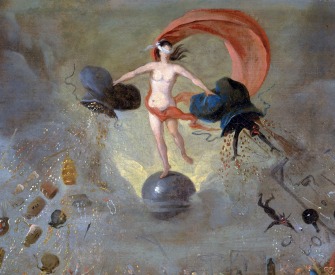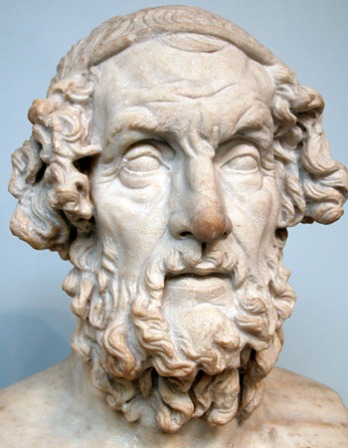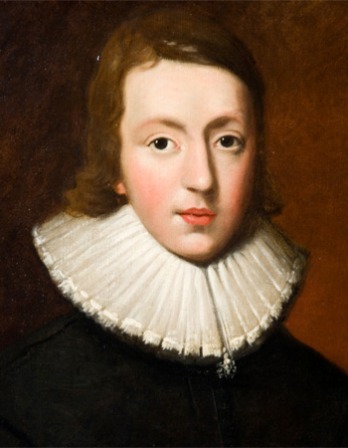In order to put the whole race of mankind in their proper distinctions, according to the opinion their cohabitants conceived of them, I have with very much care and depth of meditation thought fit to erect a Chamber of Fame, and established certain rules which are to be observed in admitting members into this illustrious society. In this Chamber of Fame there are to be three tables, but of different lengths; the first is to contain exactly twelve persons; the second, twenty; the third, a hundred. This is reckoned to be the full number of those who have any competent share of fame. At the first of these tables are to be placed in their order the twelve most famous persons in the world, not with regard to the things they are famous for, but according to the degree of their fame, whether in valor, wit, or learning. Thus if a scholar be more famous than a soldier, he is to sit above him. Neither must any preference be given to virtue, if the person be not equally famous. When the first table is filled, the next in renown must be seated at the second, and so on in like manner to the number of twenty; as also in the same order at the third, which is to hold a hundred. At these tables no regard is to be had to seniority, for if Julius Caesar shall be judged more famous than Romulus and Scipio, he must have the precedence. No person who has not been dead a hundred years must be offered to a place at any of these tables—and because this is altogether a lay society, and that sacred persons move upon greater motives than that of fame, no persons celebrated in Holy Writ, or any ecclesiastical men whatsoever, are to be introduced here.
At the lower end of the room is to be a side table for persons of great fame, but dubious existence, such as Hercules, Theseus, Aeneas, Achilles, Hector, and others. But because it is apprehended that there may be great contention about precedence, the proposer humbly desires the opinion of the learned toward his assistance in placing every person according to his rank, that none may have just occasion of offense.
The merits of the cause shall be judged by a plurality of voices.
For the more impartial execution of this important affair, it is desired that no man will offer his favorite hero, scholar, or poet, and that the learned will be pleased to send to Mr. Bickerstaff at Mr. Morphew’s near Stationers’ Hall their several lists for the first table only—and in the order they would have them placed—after which, the composer will compare the several lists and make another for the public, wherein every name shall be ranked according to the voices it has had. Under this chamber is to be a dark vault for the same number of persons of evil fame.
It is humbly submitted to consideration, whether the project would not be better if the persons of true fame meet in a middle room, those of dubious existence in an upper room, and those of evil fame in a lower dark room.
It is to be noted that no historians are to be admitted at any of these tables, because they are appointed to conduct the several persons to their seats, and are to be made use of as ushers to the assemblies.
From an article published in The Tatler. The Anglo-Irish satirist took orders in the Anglican Church, becoming a priest in 1695. In the early 1700s, he turned to writing pamphlets, defending the balance of power in England, and, under the pseudonym Isaac Bickerstaff, mocking a popular astrologer. He published Gulliver’s Travels in 1726 to immediate success. He died in 1745 at the age of seventy-seven.
Back to Issue





